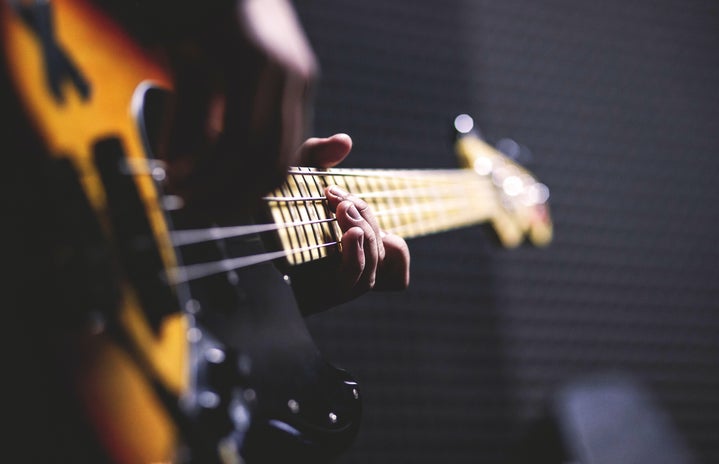The art of musical entertainment is deeply rooted into all aspects of our culture and is an ever evolving industry. Within the last 20 years alone the music industry due to advancing technology has reached new heights that most artists 50 years ago could have ever dreamed of.
With such innovations as Youtube, iTunes and Sound Cloud the ability for up and coming artists to get their work out to a large scale audience is easier than ever. The real question though is even with all the opportunities to share musical work through technological outlets, does this in any way hurt an artist as well as help with promotion? A prime example of an artist who was able to achieve fame through the internet was Canadian singer Justin Bieber. Bieber achieved fame when a talent agent came across his home made videos on Youtube in 2008, which eventually landed him a record deal.
This is the ideal success story that most small time artists hope to achieve one day, is that a talent agent will come across their work on the internet somewhere and offer them a big time record deal. Realistically though how often does this even happen? In order to accurately gage the difficulty for artists to break into the modern music industry I interviewed several musicians from varying areas of the country. The artists I interviewed were Jordan Nadeau whose band is based out west in Utah, Matt Gonsiorek an artist from Chicago and local musician Dylan Lapratt.
The artists were asked a series of questions about their thoughts on the current state of the music industry, the difficulties and successes they have experienced, and how technology has helped, but also hindered their art. When asked the big question of the impact of technology on the music industry the artists tended to point out the same trends that they have come to notice. The ability for an up and coming artist to get their work heard is easier than ever due to social media and the ability to share with millions of people, via Facebook, Twitter, Tumblr, Youtube and many others. Even though the ability to share your work is unlimited this also creates a greater sense of competition to make a name for yourself.
One of the other largest obstacles artists face in the modern music industry is the issue of music piracy. This hurts the ability for any artist to make money off of recorded art, which often times forces bands to resort to vigorous amounts of touring in order to make a profit. Matt Gonsiorek who is in a band based out of Chicago, and a music major at University of Columbia, Chicago, is quoted as saying, “With artists being able to record and promote themselves without a label, there’s more competition. The other obstacle is the decline in music sales. With online piracy being a huge issue and the massive decline in C.D. sales, not many people are buying music anymore so artists have to search for other sources of income than strictly selling their records.”
The artists also mutually agreed on the fact that more advanced electronics that have become available have also in a sense made artists lazy. Due to the recent popularity with DJ’s and Dubstep, this is music that is typically prerecorded with electronic, almost robot like noises over a song mix. This has contributed to a loss of public interest for more organic, and traditional instrument based compositions. Dylan Lapratt, a Central Michigan Student, and local artist commented on this trend by saying, “Sometimes the MUSIC gets lost somewhere down the line when all the focus goes to making electronic music and percussion loops. Sometimes the technology element just makes music sound terrible in my opinion.”
The music industry and societies musical taste has been evolving since the dawn of time and will continue to do so. With the introduction of the internet a whole new world of opportunity for musicians was opened, with the capability to share their work with a global audience. At the same time all new changes and advancements can sometimes diminish traditions, and qualities that society once valued. This does not mean that “traditional organic music,” is dead, or dying, it just means that the world is changing, and peoples interests change, and music changes along with it.
Jordan Nadeau, lead singer and guitarist of the band Tree Culture put this phenomenon into these simple words, “I feel the music scene is developing into itself more. As people change so do the music and I think that’s RAD! We now have so many varying types of music and we can thank history and the minds of men for the progression of music.” Music will endure, evolve, and expand in variety throughout the course of time. Just as man has gone from living in caves and using stone tools, to building technological wonders such as computers, cars and spaceships, music will evolve along with us for as long as our species endures.
If you want to know more about these artists check them out on Facebook and other social media:
https://www.facebook.com/treecultureband
https://www.facebook.com/Finklfest
https://soundcloud.com/finklband
https://soundcloud.com/treeculture

